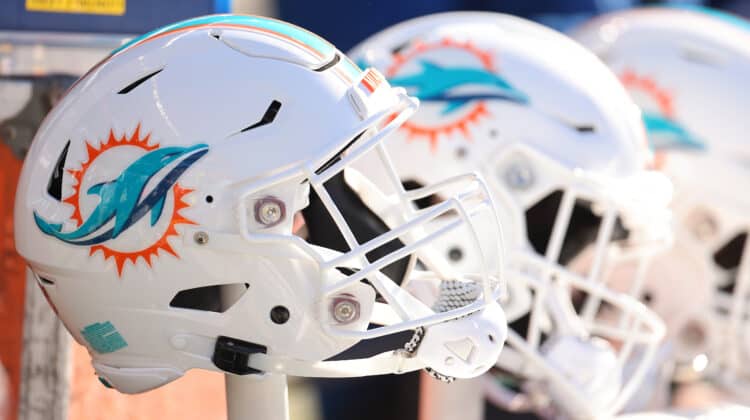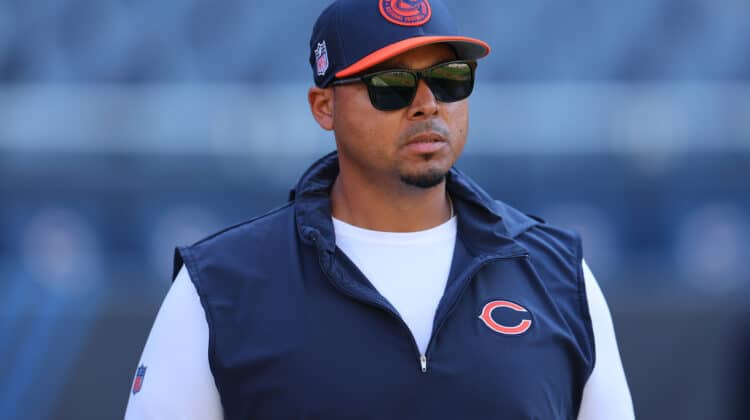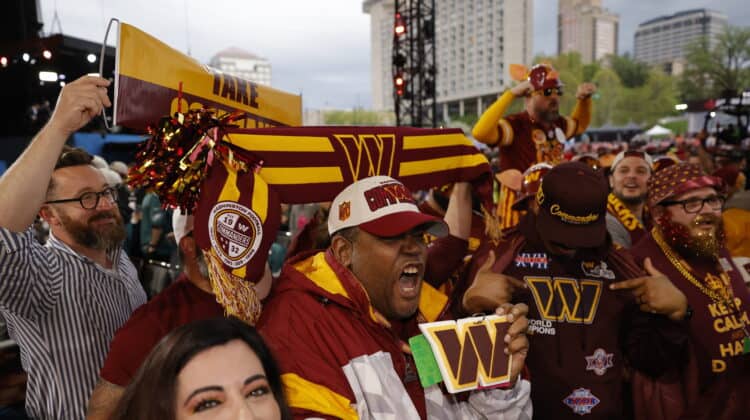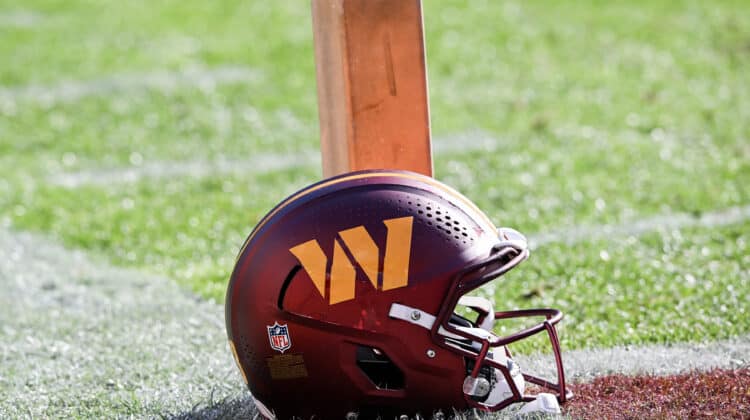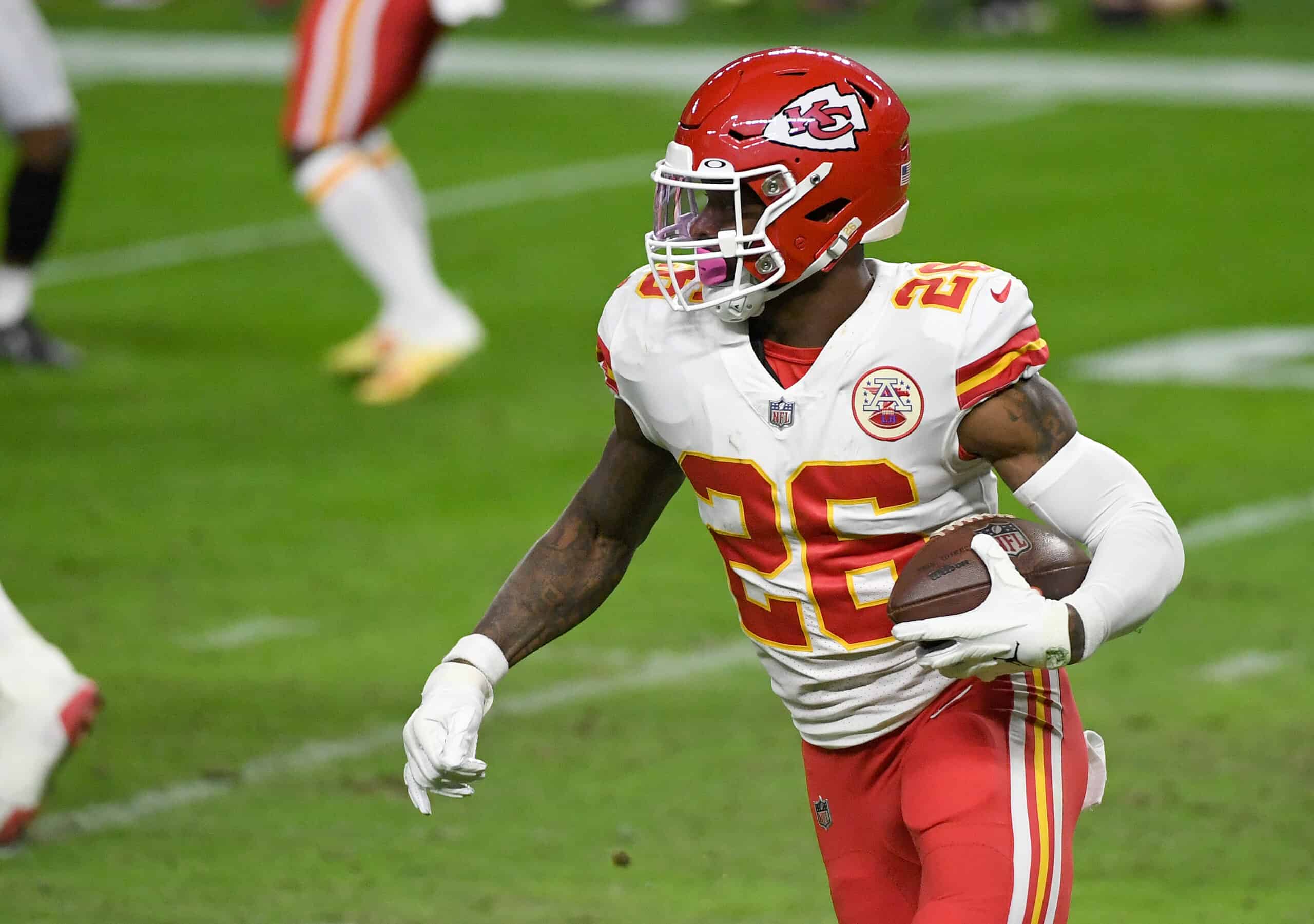
It’s somewhat hard to believe, but NFL free agent running back Le’Veon Bell is 29 years old.
In some ways, it feels like he should be younger, since he’s not that far removed from his glory days with the Pittsburgh Steelers.
29 & truly blessed 🥳🎂🎉💫 I appreciate all the birthday love ❤️💙🤍 pic.twitter.com/3kKQ9NtEf8
— Le'Veon Bell (@LeVeonBell) February 19, 2021
In other ways, it feels like he has had a pretty full career already, and should be closer to his mid-thirties.
Either way, following Bell throughout his journey in the league has never provided a dull moment, and where he signs his next contract will likely garner many headlines as well.
We don’t know what is next for the former two-time All-Pro running back, but we can certainly look back on what has been a rollercoaster ride thus far.
Bell’s playing career likely has a few more chapters in it, but we’ll take a look at two regrets the running back will likely have in the future.
2. Leaving The Pittsburgh Steelers
From 2013 through 2017, Bell was having one of the best stretches for a running back in league history.
He averaged a respectable 4.4 yards per carry, while being the engine of the Pittsburgh Steelers offense.
He had a unique but effective running style, where he would almost approach the line of scrimmage in slow motion.
Bell did this in order to wait for his offensive line to establish blocks, before he accelerated through the hole.
He was also one of the most explosive dual-weapon players in the NFL, and opposing defenses could not figure out how to cover him out of the backfield.
The former Michigan State prospect recorded 83 catches in 2014, 75 catches in 2016, and 85 catches in 2017.
To put that in context, he had more catches in 2014 than Calvin Johnson, Adam Thielen in 2016 and Travis Kelce in 2017.
The Steelers had a tremendous feel for how to utilize Bell’s skill set, which made him among the best players in the game.
However, Bell thought his talents were being undervalued, so he decided to hold out for the entire 2018 season.
One would think that the decision to hold out itself would be one of Bell’s biggest regrets, but it’s the effect it had on his relationship with the Steelers that ultimately ended his run as an elite running back.
The organization could not afford to bring a player back who put himself over the team in that fashion, which ultimately led to his departure and demise.
1. Signing With The New York Jets
Bell made his decision to holdout with the Steelers in 2018 primarily based on money and long-term security.
He felt (and he may not have been wrong) that his production was not compensated correctly based on his use as a runner and receiver in Pittsburgh, and took drastic action to correct that.
So Le’Veon Bell hates:
-Andy Reid
-Adam Gase
-Steelers front officeIt might be you dude. Just sayin’.
— Damon Amendolara (@DAonCBS) June 12, 2021
Even after his holdout, Bell still had the chance to prove to everyone that he made the right decision.
Putting up a monster 2019 season for his new team would justify the means of how he got to that point.
However, it didn’t really work out in Bell’s favor in either regard.
He signed with the New York Jets for four years, and $52.5 million.
$35 million of that sum was guaranteed.
It was certainly a nice haul for Bell, but it didn’t seem like the type of deal he was hoping to receive when his holdout began in Pittsburgh.
The second part of his decision, to sign with the organization, also was likely regrettable.
Head coach Adam Gase did the opposite of maximizing his players’ talent, and the whole team suffered as a result.
Bell did have the opportunity to work as a bell-cow in 2019, which is something he probably wanted.
But it was risky going to a franchise without the same type of stability the Steelers had.
If Bell had to do it all over again, he might have taken slightly less money to sign with a franchise with a more established culture of putting players in the best position to thrive and win.
NEXT: 3 NFL Teams That Should Swing A Trade For Derek Carr
